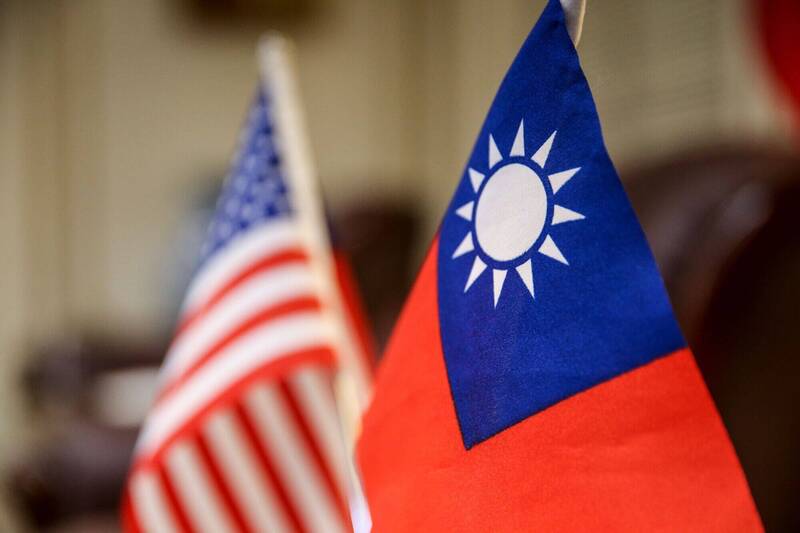
The American Heritage Foundation think tank recently released a report titled “The American Case for Taiwan,” which details the huge impact it would have on U.S. interests if Taiwan were to fall into the hands of the Chinese Communist Party. In recent years, as tensions across the Taiwan Strait have intensified, the U.S. has continued to strengthen its Western Pacific deterrent posture, arming Taiwan to bolster its self-defense capabilities, in keeping with long-term U.S. policy toward Taiwan. At the same time, expanding economic, diplomatic and military cooperation with Taiwan have gradually turned cross-strait conflict into a globally important military issue. The following points explain why Taiwan is so important to the United States.
The Importance of the Waters around Taiwan
Taiwan’s vast mountainous terrain and paucity of beaches suitable for enemy landings make the island a natural fortress, but its greatest value lies in its geographic location. Taiwan straddles some of the world’s most important maritime routes, and these are waters of commercial and security importance, such as the Taiwan Strait, through which most of the world’s container ships pass, and the Luzon Strait, which separates Taiwan and the Philippines. The Luzon Strait in particular connects the South China Sea and the Western Pacific; both of these are of great interest to global merchant shipping, and they have become strategically important channels to both the U.S. and China. If the CCP were to take control of Taiwan, it would therefore restrict the U.S. military’s freedom of navigation in the waters surrounding the island.
The First Island Chain Is a Network of US Allies
International military strategists see Taiwan as a key link in the first island chain that is home to many U.S. military bases and U.S. allies, such as Japan, Taiwan, the Philippines and Southeast Asian countries, and is also the first line of defense for the U.S. in fending off CCP aggressions. The first island chain can therefore be considered an important barrier for the U.S. in the Pacific. Taiwan is the largest island connecting Japan to the Philippines; if the CCP took control of Taiwan, it would sever the first island chain, denying countries like the U.S. and Japan the ability to conduct maritime operations and allowing the CCP to expand its military power into the Pacific region by deploying its forces in Taiwan.
It Is Not Just Taiwan’s Semiconductor Industry That Enjoys Global Influence
Even without the U.S. dependence on the Taiwanese semiconductor industry, Taiwan is still a world leader in many materials and components for automobiles, heavy machinery and infrastructure. If these materials and components were to be withdrawn abruptly from the market, it would disrupt the supply chain, so if a war led to the withdrawal from the market of Taiwan-produced parts, it would result in shortages in many supply industries, in turn depriving the U.S. of consumer goods and employment opportunities.
Conclusion
In responding to the changes in regional and cross-strait relations, the U.S. should therefore strengthen cooperation with all parties in Taiwan to act as an effective deterrent to CCP harassment; it should also be willing to ensure Taiwan’s security, in order to prevent the CCP from seizing the opportunity to take control of Taiwan. If the U.S. can do so, it will ensure peace and stability in the region, which in turn would be of the greatest benefit to U.S. security and prosperity.
The author is a research fellow in international relations.

Leave a Reply
You must be logged in to post a comment.